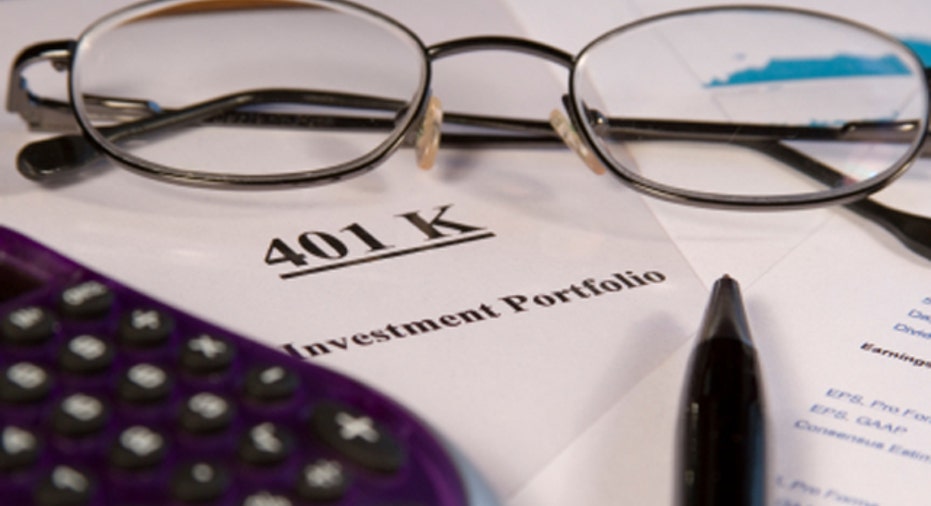The retirement comeback: How one couple achieved it

Carol and Phil W. had an advantage in achieving a secure, sustainable retirement--possibly the most important advantage a future retiree can have. "We both came from pretty conservative families," Carol says. "They were families that… taught us the lessons of not overspending, providing for children's educations and doing something to plan for their own retirements."
Those upbringings not only prepared Carol and Phil for successful retirement. They also helped them readjust their saving, spending and expectations when severe setbacks struck--not once, but twice--in their golden years.
Carol, 64, and Phil, 69, of Oregon, have been retired for 12 years. Their marriage is the second for both. Carol's career proceeded along a very traditional track that saw her work her entire 34 years for one company, AT&T (later Lucent Technologies after the company was spun off). She enjoyed a traditional pension at Lucent and also opened a 401(k) for additional retirement income.
Phil, on the other hand, owned a men's clothing store and had a couple of small IRAs. His plan for the main source of his retirement income was to sell the clothing store, which he did 12 years ago. In addition, the couple had invested in a couple of homes, which they felt they could count on to provide income.
Bad timing, bad markets
In retrospect, Carol says, the decision to retire in 1999 at the ages of 52 and 57 was not well-timed. The couple lost 35 to 40 percent of their retirement funds in the tech bubble collapse of 2000. Lucent Technology stock went from about $160 to around $20 a share.
"But I was very fortunate I did not take my pension in a lump sum, as many of my friends did," Carol says. "I still have all that money coming in my pension. We had a heavy exposure in tech, which has never really come back."
"What saved us," she continues, "was the pension, the real estate and some diversification, which allowed our portfolio to come back."
When widespread economic collapse happened again in 2008, the couple was better positioned in less speculative investments and had added some lifestyle funds.
Part-time work for income
Since then, they've both gone back to work part time, Carol as a book marketing consultant and Phil consulting as well as working part-time in a men's clothing store similar to the one he owned.
The part-time work has helped rebuild their retirement funds. "We decided to get some part-time income now, as opposed to doing so at age 80," Carol says.
What the expert says
MoneyRates.com personal finance expert Richard Barrington thinks that Carol and Phil have done a fine job preparing for and living in retirement. Their success rests on two strategies, he says.
First, they have an unusual amount of true diversification in sources of income from work and savings. They have 401(k) plans sure to ride up and down with the market, but they also have a defined benefit pension plan providing a fixed amount of income. "So it's kind of like they have growth potential coming from the market, but they also have a steady base of income from the pension," Barrington notes.
The other advantage they enjoy is real estate. "The real estate price collapse has been very well publicized," says Barrington. "But if you're in real estate for the income, not looking to do a quick flip for a gain, you're not as affected by the collapse. That's another way they're diversified. They have another form of income with the real estate."
Another step Barrington terms "absolutely right" is gaining part-time jobs. "Working part-time in retirement is serving two purposes," he says. "It's saving them from pulling money out of the market when it's down, which is one of the worst things you can do. The other purpose working part-time serves is they are effectively reducing the numbers of years they will have to live off their savings."
Yes, Barrington acknowledges, the timing of their retirement, coming so soon before the tech bubble's burst, is unfortunate. But another thing to like about Carol and Phil's approach is that they have taken full responsibility for fixing unexpected problems that arise. "There are so many stories of people throwing up their hands and saying, 'My stocks collapsed and my real estate collapsed,'" he says.
"Ultimately, no one's going to save you. By taking matters into their own hands, they're smoothing out the bumps in the road. Retirement is a long time. Unexpected things are going to happen. You have to have contingency plans and be prepared to act," counsels Barrington. "Making a slight adjustment to your asset allocation or the amount you're withdrawing while you still have most of your money can make a big difference in making that portfolio sustainable."
The original article can be found at Money-Rates.com:The retirement comeback: How one couple achieved it



















